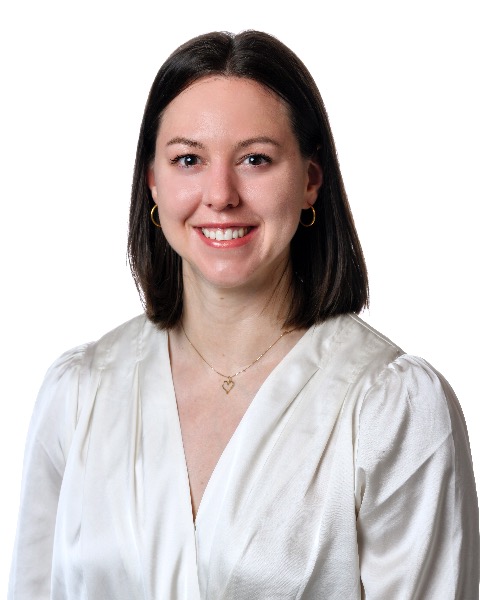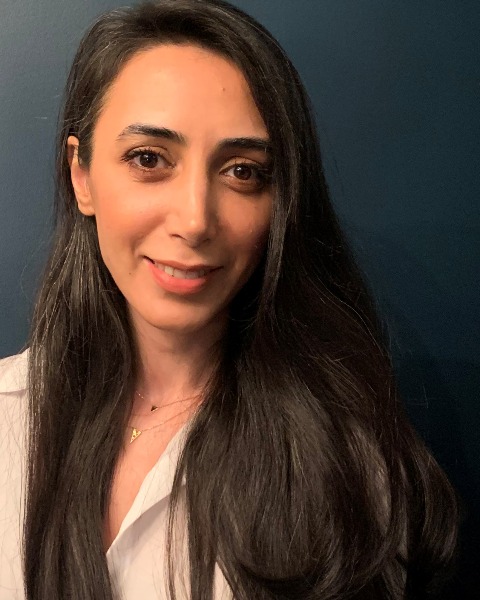Health Sciences
Fatigability, Fitness, and Chrono-Nutrition: Results From the Study of Muscle, Mobility and Aging (SOMMA)
-
.jpg)
Nancy Glynn, PhD, FGSA (she/her/hers)
Associate Professor of Epidemiology
Epidemiology
University of Pittsburgh School of Public Health
Pittsburgh, Pennsylvania, United States -
SK
Stephen Kritchevsky, PhD
Professor
Internal Medicine
Wake Forest School of Medicine
Winston Salem, North Carolina, United States -
JS
Jennifer Schrack, PhD, FGSA (she/her/hers)
Professor
Epidemiology
Johns Hopkins University
Baltimore, Maryland, United States -
BS
Benjamin Schumacher, PhD, MPH
Postdoctoral Scholar
Department of Epidemiology
University of Pittsburgh School of Public Health
Pittsburgh, Pennsylvania, United States -
EG
Emma Gay, MPH (she/her/hers)
PhD student
Department of Epidemiology
University of Pittsburgh School of Public Health
Pittsburgh, Pennsylvania, United States -
RM
Reagan Moffit, MPH (she/her/hers)
PhD Student
Epidemiology
University of Pittsburgh School of Public Health
Pittsburgh, Pennsylvania, United States -

Melissa Erickson, PhD
Investigator
Translational Research Institute
AdventHealth
Orlando, Florida, United States -

Samaneh Farsijani, PhD, RD (she/her/hers)
Assistant Professor
Epidemiology
University of Pittsburgh
Pittsburgh, Pennsylvania, United States
Chair(s)
Co-Chair(s)
Discussant(s)
Individual Symposium Abstract First Author(s)
The Study of Muscle, Mobility and Aging (SOMMA) is a new longitudinal cohort study conducted at the University of Pittsburgh and Wake Forest University School of Medicine, coordinated by the San Francisco Coordinating Center, with management of biological specimens by the Translational Research Institute at AdventHealth. SOMMA aims to provide the foundation for discoveries in the biology of human aging, mobility and other age-related phenotypes. SOMMA enrolled 879 older women and men; mean age 76.3±5.0 years (range 70-94); mean walking speed 1.04±0.20 m/s; 59.2% women, and 15.8% identify as other than Non-Hispanic White. Our symposium will introduce novel baseline SOMMA findings on key measures related to fatigability, fitness, and chrono-nutrition. First, Dr. Schumacher will share results on the association between perceived physical and mental fatigability and cognitive function. Next, to begin to decipher how skeletal muscle energetics impact aging phenotypes, Ms. Gay will examine the relation between skeletal muscle energetics (ATPmax and maximal complex I&II supported oxidative phosphorylation [maxOXPHOS]) and age-related physical fatigability. Our next two presentations will focus on cardiorespiratory fitness (VO2peak) measured by gold standard treadmill cardiopulmonary exercise testing (CPET), which declines with age. Ms. Moffit will explore whether a usual-paced 400m walk can predict VO2peak, and Dr. Erickson will examine the association between CPET measured VO2peak and circadian functions derived from rest-activity-rhythms extracted from wrist-worn accelerometers. Lastly, Dr. Farsijani will explore chrono-nutrition behaviors and their association with muscle health (i.e., D3-creatine, leg power). Discussant, Dr. Jennifer Schrack will provide insight to SOMMA’s novel work.
Learning Objectives:
- define perceived fatigability and describe its association with skeletal muscle energetics and cognition
- explain the association between VO2peak and rest-activity-rhythms and whether a usual-paced 400m walk estimates VO2peak
- demonstrate an understanding of chrono-nutrition and how it is associated with muscle health
Presentations:
-
4:30 PM – 6:00 PM ETAssociations of Perceived Physical and Mental Fatigability With Cognitive Performance
Individual Symposium Abstract First Author: Benjamin Schumacher, PhD, MPH – University of Pittsburgh School of Public Health
-
4:30 PM – 6:00 PM ETMitochondrial Energetics and Perceived Physical Fatigability Severity in Older Adults
Individual Symposium Abstract First Author: Emma L. Gay, MPH (she/her/hers) – University of Pittsburgh School of Public Health
-
4:30 PM – 6:00 PM ETEstimating Cardiorespiratory Fitness Using a Usual-Paced 400 m–Long Distance Corridor Walk in Older Adults
Individual Symposium Abstract First Author: Reagan E. Moffit, MPH (she/her/hers) – University of Pittsburgh School of Public Health
-
4:30 PM – 6:00 PM ETCardiorespiratory Fitness Is Associated With Circadian Behavioral Parameters of Physical Activity in Older Adults
Individual Symposium Abstract First Author: Melissa L. Erickson, PhD – AdventHealth
-
4:30 PM – 6:00 PM ETThe Relationship Between Chrono-Nutrition Behaviors and Muscle Health in Older Adults
Individual Symposium Abstract First Author: Samaneh Farsijani, PhD, RD (she/her/hers) – University of Pittsburgh
